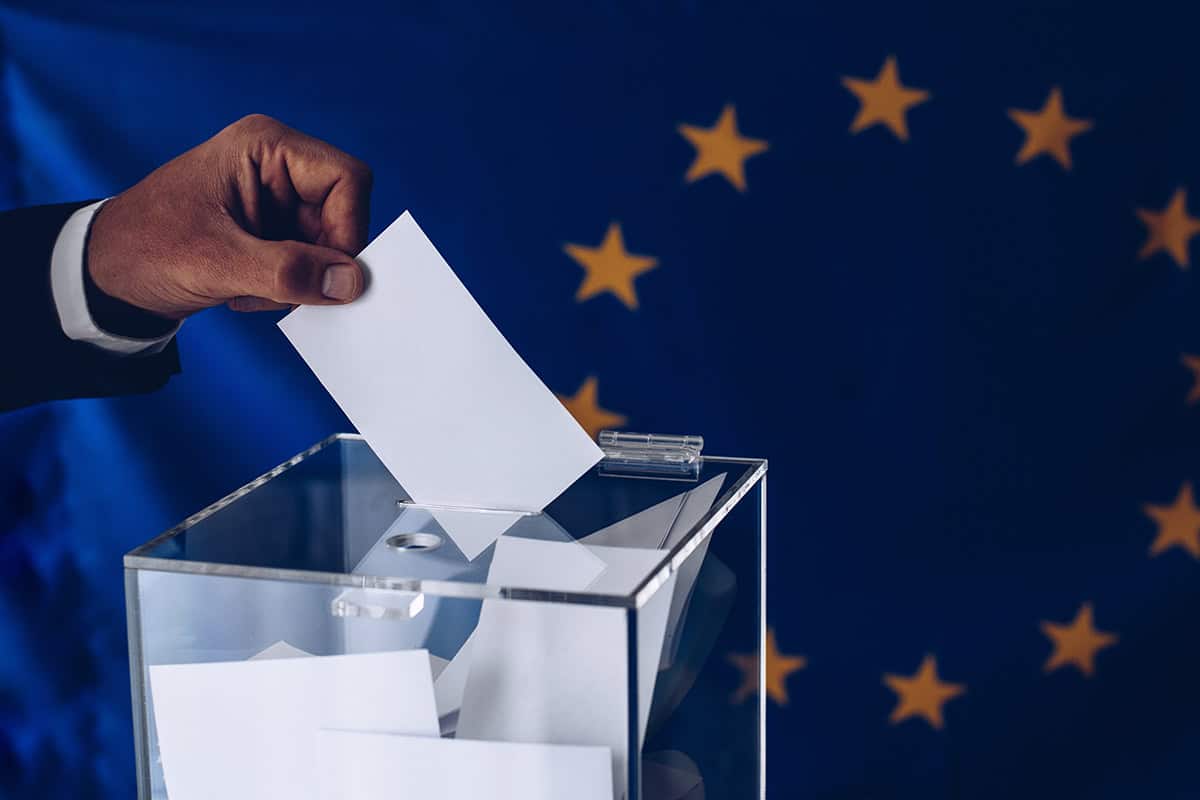If polls are any indication, French President Emmanuel Macron is on track to be the biggest loser of the upcoming European Parliament elections. On June 6 and 9, some 400 million citizens in all 27 EU member states will be eligible to choose their representatives in the continental legislative body. Not only has Macron’s Renew centrist coalition consistently polled well behind the far-right National Rally party led by the new enfant terrible of French politics, Jordan Bardella, but now it is staring at the possibility of a humiliating third-place finish behind the left-wing coalition spearheaded by Raphaël Glucksmann.
While France’s next presidential election is not scheduled until 2027, the EU Parliament vote is expected to offer a strong signal of the direction of the French electorate going into the second half of Macron’s five-year term
“Macron is unpopular for a range of reasons domestically, tarnishing his aspiration to be the main leader in the EU, post-Merkel,” says Martin Steven, senior lecturer in European Politics and International Relations at Lancaster University: “Still, the far-right is on the rise, not just in France but across Europe.”
Indeed, signs of a right-wing surge are here. Italy’s nationalist Prime Minister Georgia Meloni has become a power player in EU politics; the Netherlands’ anti-Islam populist Geert Wilders’ win in November’s Dutch elections stunned Europe; in Sweden, the center-right government relies on a party with neo-Nazi roots for its parliamentary majority; and Hungary’s pro-Russian leader Viktor Orbán remains more popular than ever after 14 years of rule.
But the right-leaning and Eurosceptic movements in the European Parliament are not monolithic, Stevens cautions. “The more extremist parties of the Identity and Democracy group and the European Conservatives and Reformists disagree fundamentally over key questions around Ukraine as well as the functioning of the single market,” Stevens says. “The EU has always trod a fine line between being a rich club for capitalist countries and a strong advocate for social security and equalities. The post-2024 EU may well be more conservative but is unlikely to be more far-right.”




